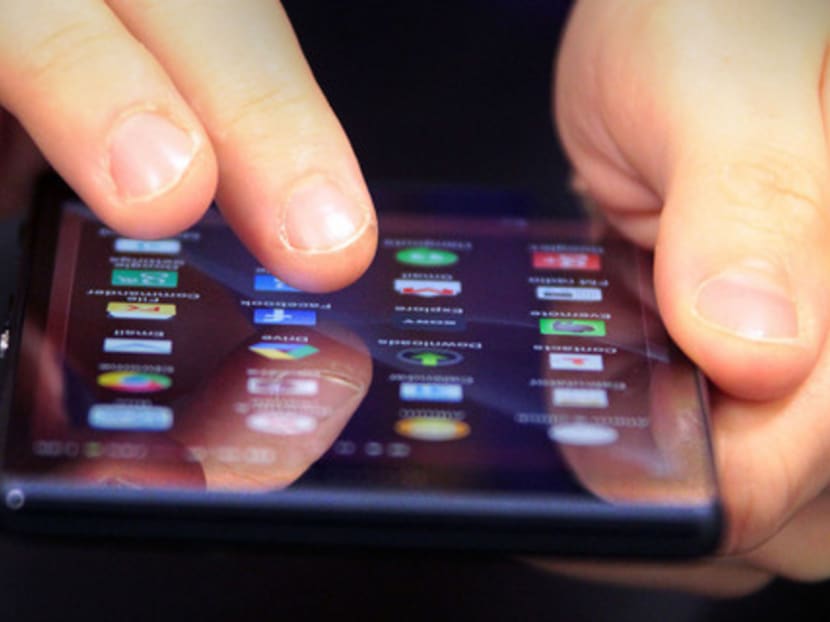The way people swipe and type could soon underpin online banking security
LONDON — People could be able to access mobile banking via an app recognising how they hold, swipe or type into their device, due to an innovation from Britain’s biggest building society.

TODAY file photo
LONDON — People could be able to access mobile banking via an app recognising how they hold, swipe or type into their device, due to an innovation from Britain’s biggest building society.
Nationwide Building Society has developed a prototype within a mobile banking app that could offer an extra layer of behavioural biometrics security by recognising unique patterns from people’s natural interactions with their smartphone or tablet.
New research from Nationwide has also found the average United Kingdom adult now has to remember six passwords — and one in four people has more than 10 to remember.
While the prototype is still in the early stages, Nationwide said it could eventually be used as additional security for mobile banking alongside more traditional methods such as pins and passwords, as well as using other technology such as fingerprint scanning and voice recognition.
Currently, it is being used as a way of authenticating payments made within an app as an extra layer of security, but it could be used in future as a way of logging in, alongside other security methods. It could in principle be used in place of other security, but it is thought it would likely remain as an additional level of security.
The prototype is being developed by Nationwide’s innovation team in partnership with technology companies BehavioSec and Unisys. It gives people a certain percentage score. People would have to achieve a certain percentage likeness to the way they personally use their phone or tablet to get the go-ahead within the app.
Mr James Smith, head of innovation at Nationwide, said: “Behavioural biometrics monitor the patterns and habits that are unique to each mobile banking user — everyone holds and interacts with their mobile device in a different way. The prototype provides an exciting insight into what the future may hold, as we investigate new ways to enhance security.”
Seven in 10 (70 per cent) people surveyed for Nationwide said they struggle to remember passwords and end up clicking “forgotten password” links twice a month on average. People in the South West, London and Yorkshire and the Humber were most likely to say they struggle to remember passwords, with those in East Anglia most likely to say this is not a problem.
Nationwide’s research among 2,000 people found 70 per cent want more security, but do not want to add to the number of passwords or pins to remember. When asked what the future could hold for mobile phone security, nearly 60 per cent think retina scanners would be built into devices within 10 years, with nearly 30 per cent suggesting a whole face scanner will be the way to unlock the mobile phones of the future.
Mr Smith added: “While we all know it’s important to change our passwords regularly, this research highlights just how many different passwords people need to remember in an increasingly digital world.” THE TELEGRAPH





